Not Another Israel Post, Not Another Palestine Post
What does it mean to learn about the world?
One of the best people I’ve known in the discipline of international relations—even though I think we never met—was a game theorist who never went abroad until, following a calamitous tenure decision, he moved to England. How, I wondered, could one be a scholar of IR—a good one—and never have been abroad?
The answer lies in the peculiarities of how different kinds of scholars come to know about the world. Formal theorists, who deal with the most abstract and general arguments about the world, need to know the arguments within their claims, rather than the world abroad, except insofar as that world guides their curiosity. A chemist does not need to feel herself as a molecule to understand it; neither does a game theorist have to be in the Oval Office or Kim Jong-un’s bunker to understand the underlying dynamics of deterrence.
Lesser lights, like me, can’t reason that closely from first principles. Most of us work in a manner that aspires to deduction but is really inductive—theorizing about the world from what we observe rather than moving from theory to observation. For us, who need contact with the world to understand the world, the sequestration of the faculty complicates matters. How are we supposed to theorize about what’s out there if we are stuck in here?
Mostly, we substitute for direct experience with mediated engagement with the world—through archives or spreadsheets or surveys or social media. Some have claimed this is superior. James Mill (J.S.’s dad) wrote an entire history of India and claimed his would be the best history because he didn’t speak the languages and had never been to the country. He would have made an excellent Substack writer.
Occasionally, through fellowships or travel, opportunities arise for members of the IR faculty to get out. And when they come, you jump on them.
So it was, seven years ago, that I visited Israel and Palestine as part of an academic trip meant to introduce scholars and others with the facts on the ground. The context would help us understand the situation better, and we could return to share our understanding with others.
Relations between Israel and Palestine are complicated. Moreover, the audiences that pay attention to those relations are particularly attentive. It’s a topic that attracts the passionate and the foolish—and the unprepared should stay out of it, lest they do more damage than help.One could spend a lifetime mastering the subject and still be an apprentice.
Or one could spend two weeks on a package tour and decide to become an expert, confident in discussing the ins and outs of the Knesset after meeting a single MK or discussing Palestinian society after spending even a single night. For some lucky or cynical few, a single trip turns you into a machine capable of producing insights, or at least takes.
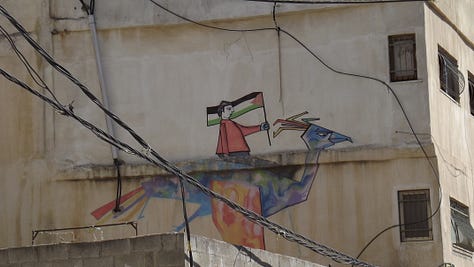
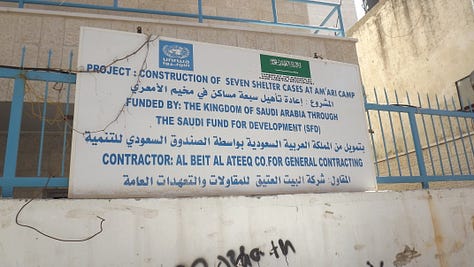
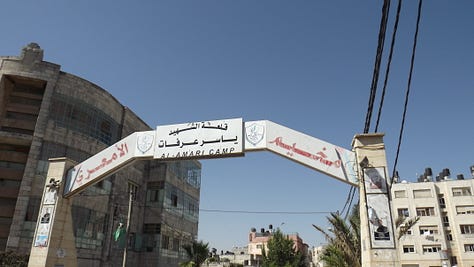
For others, there are still benefits to being in a place. You suddenly see how different aspects of a country and a society coexist and overlap. What text or video rips apart to present as narrow, separate slices come back together in a whole. It’s exhilarating to be liberated from the artificial divisions of books and articles.
And it’s infuriating. Spartan arguments that reduce reality to parsimony are felled by the mess of the real. What you thought you knew turns out to be recitations of words rather than genuine insight. Socrates was the wisest man because he knew nothing—but you have to stand and deliver lectures for paying customers. And now you know nothing? What did you go to a place for, if not to tune up the engine that turns impressions into thoughts into arguments?
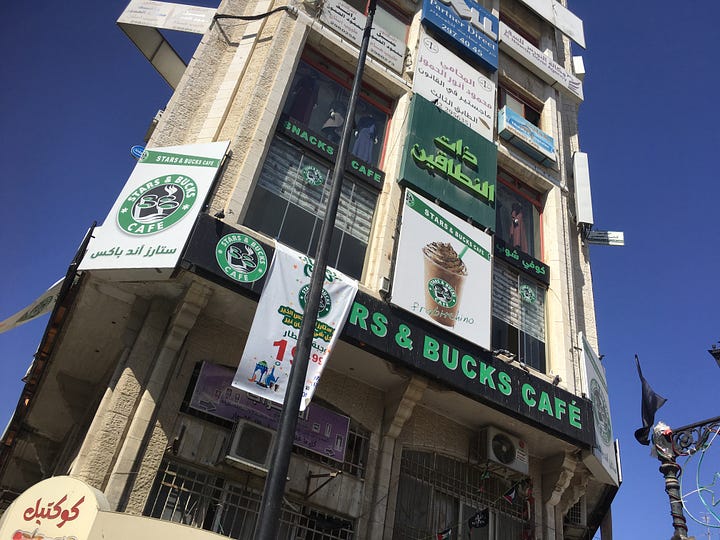
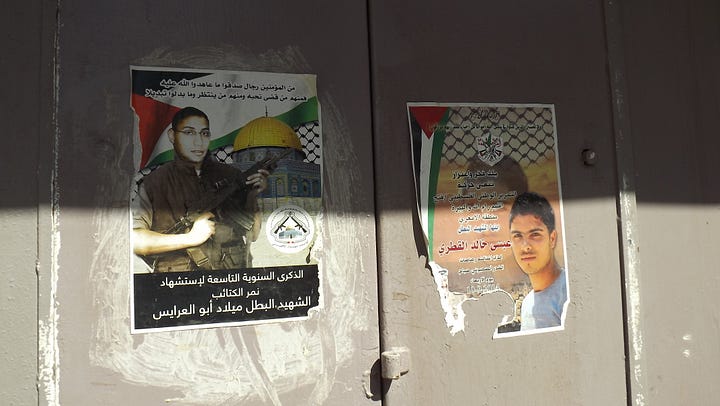
First impressions depend as much on the observer as the observed. What appears familiar in other societies can be deceptively welcoming to the traveler, and what is normal to the resident looks bizarre to the traveler. I once went to a state fair with someone from extremely coastal liberal enclaves. Accustomed to passing my eyes over slogans like “abortion stops a beating heart”, I did not know that it would be troubling to encounter anti-abortion literature in vivo. Where I grew up, abortion protests and billboards were wallpaper. Without that context, I learned, those advertisements can hit with a force that I’d never considered possible. When one encounters martyr posters on a flying trip to Palestine, how is one to understand them inside and outside their context?
I think sometimes of another experience, when I was a teenager living at a state fair for a week as a high schooler. A pair of Japanese high school exchange students were with us. The last night was capped off with a rousing communal rendition of a hit that pleased the state fair-living country crowd: “God Bless the USA” by Lee Greenwood:
I'm proud to be an American
Where at least I know I'm free
And I won't forget the men who died
Who gave that right to me
The Japanese students were, perhaps, surprised by how vigorously the crowd sang the lyrics about patriotism and death. How were they to understand what was going on? What did they take away from that evening? And did we or they understand it better?
I lived that experience, I am a scholar of these matters, and I will never be able to sort out the meaning of that encounter.
Pandemic-enforced detachment, with workplace and friendship turned into windows on a laptop screen, reacquainted us all with the unthinking intuition of the body, and how it turns physical sensation into sense. Being in a place not only scrambles the cool diagrams of textbook understanding; it introduces a heft, a sense memory, into how we come back to those textbooks afterward.
Our bodies remember how the light hits the pavement, or what it means to scramble to get a soda before Sabbath, or the undeniable energy of a young country on the move, or the difference between the bored TSA agents in Boston Logan and the alert security officers in Ben Gurion airport. Those senses endure long after the mind has forgotten briefings on the finer points of the Oslo accords.
As a scholar, one seeks to make sense. As a body, one senses. You sense when another country is relaxed when your nerves say “run”, and you sense when another society tenses when your reflexes say “all clear”. That is knowledge, of a kind, even if it doesn’t easily fit onto a slide.
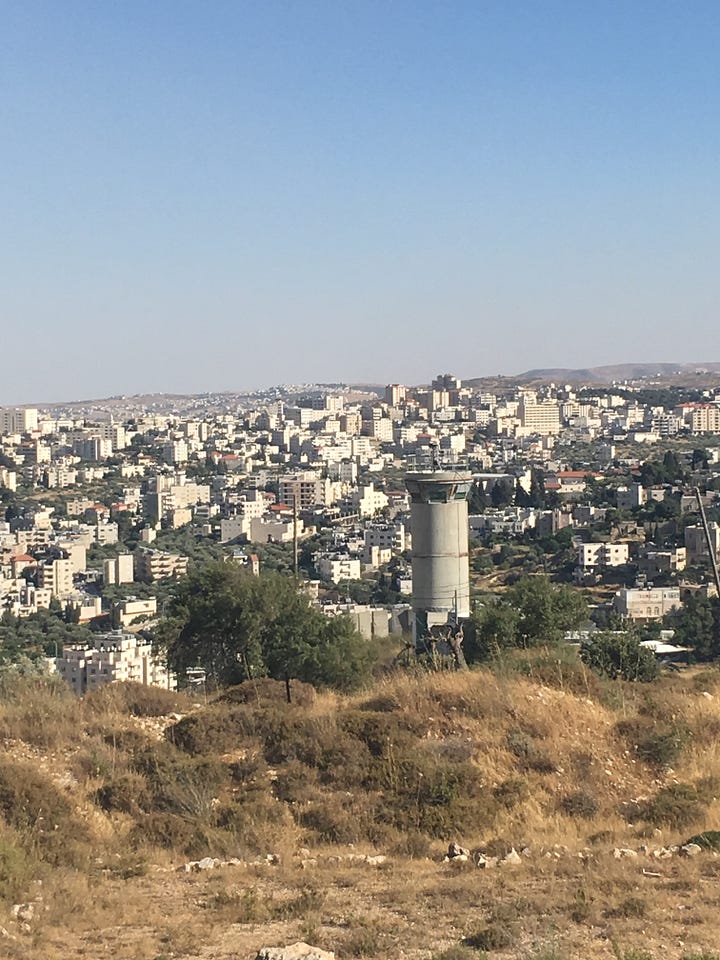
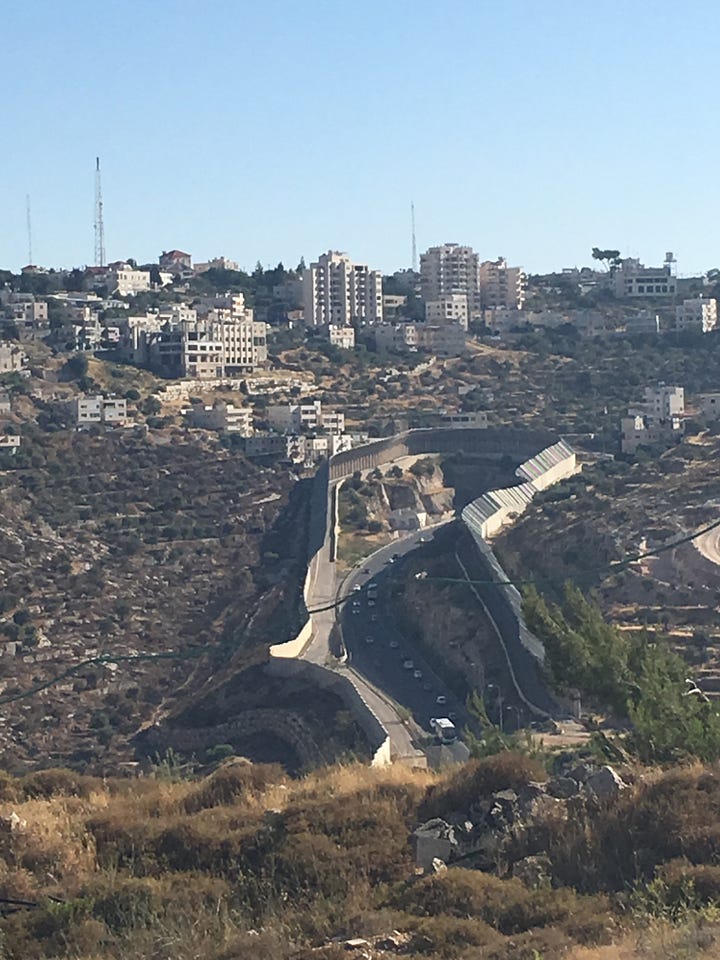
At times, the overwhelming difference of being in a place compared to knowing it from afar is to know that it is lived in, to know that the elements that drew you to it are exceptional even there rather than the norm. And yet that life goes on does not mean that the situation is normal. It is not a paradox; it is not even a contradiction. It simply is.
One thing I remember clearly from the trip is seeing the skyline of Gaza (Gaza has a skyline? I remember thinking) from a kibbutz. How close it was. How different a world it must have been—we did not go there. We saw pieces from shells and rockets lobbed from Gaza at the kibbutz. Although I cannot say for sure (my itinerary does not specify and there are several in the region with names that sound close to what I, a non-Hebrew speaker, remember as the fragments of its name), I am all but certain that kibbutz was one of the targets of the past weekend’s attacks—its spokeswoman over the past few days, our guide for the tour.
Some places become invested with meaning, and the wealth of that investment can pay mean dividends. Buffeted between sense and senselessness, passion and logic, one despairs for understanding. One despairs. And sometimes one, still, hopes.


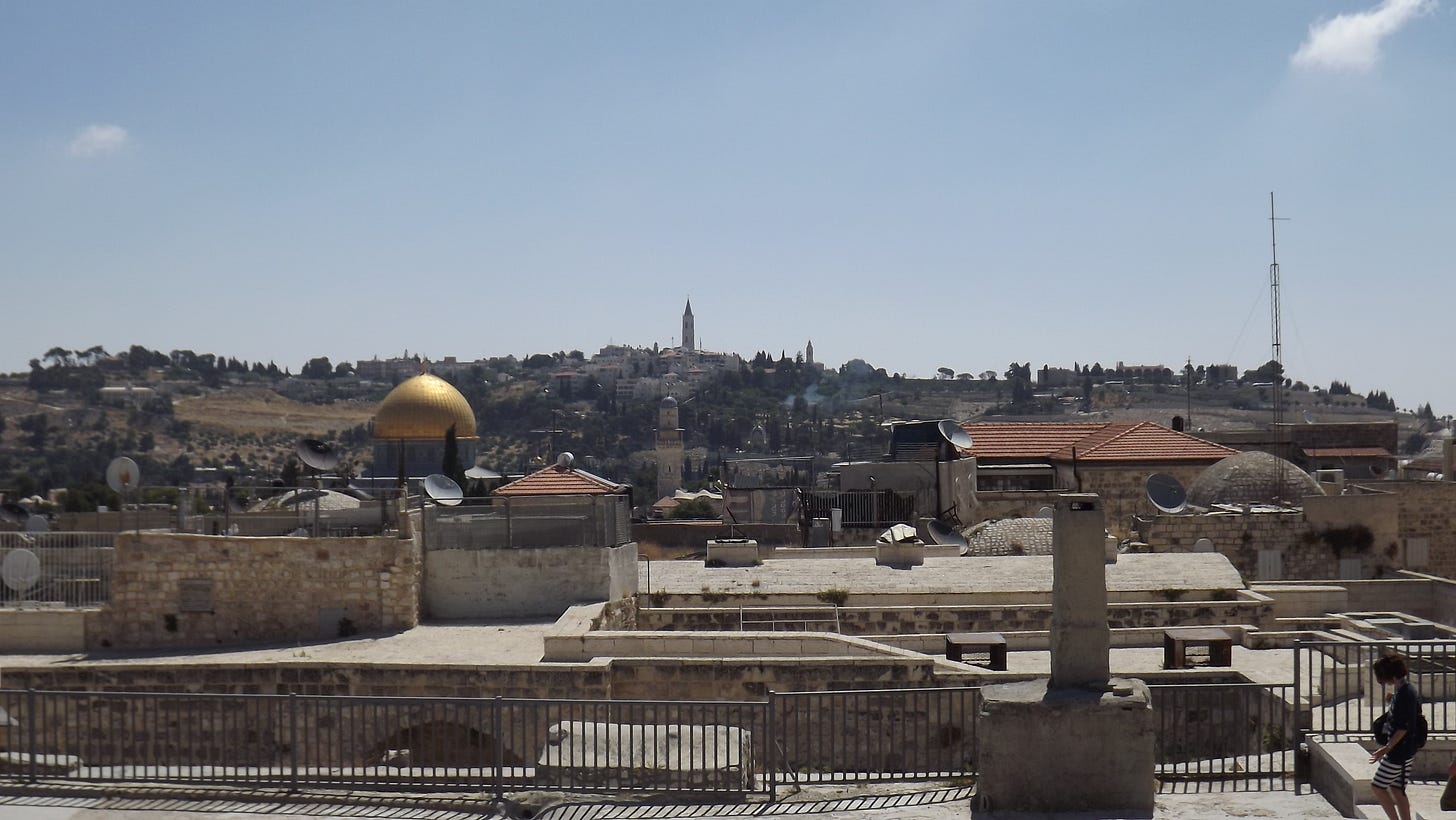
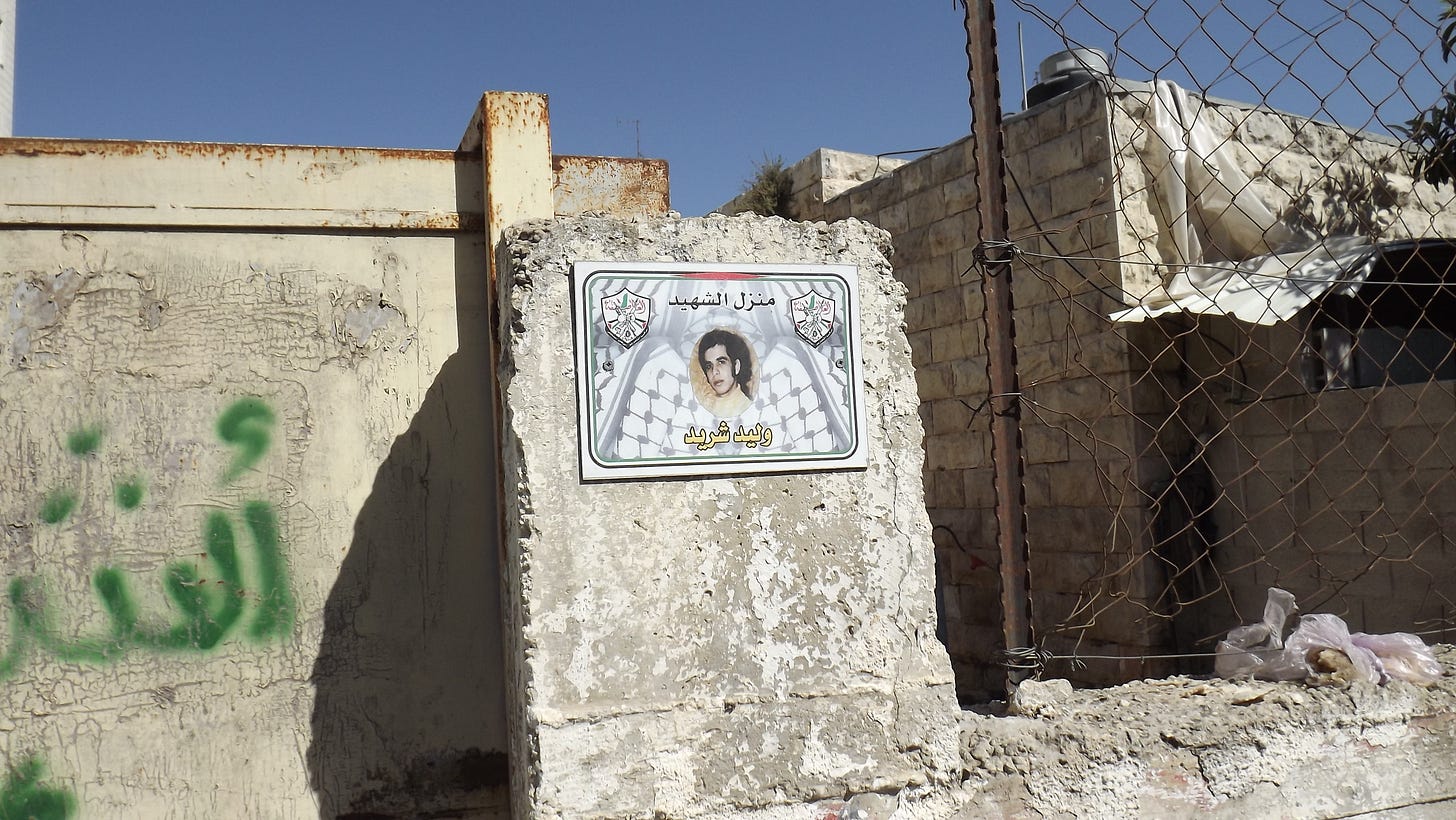
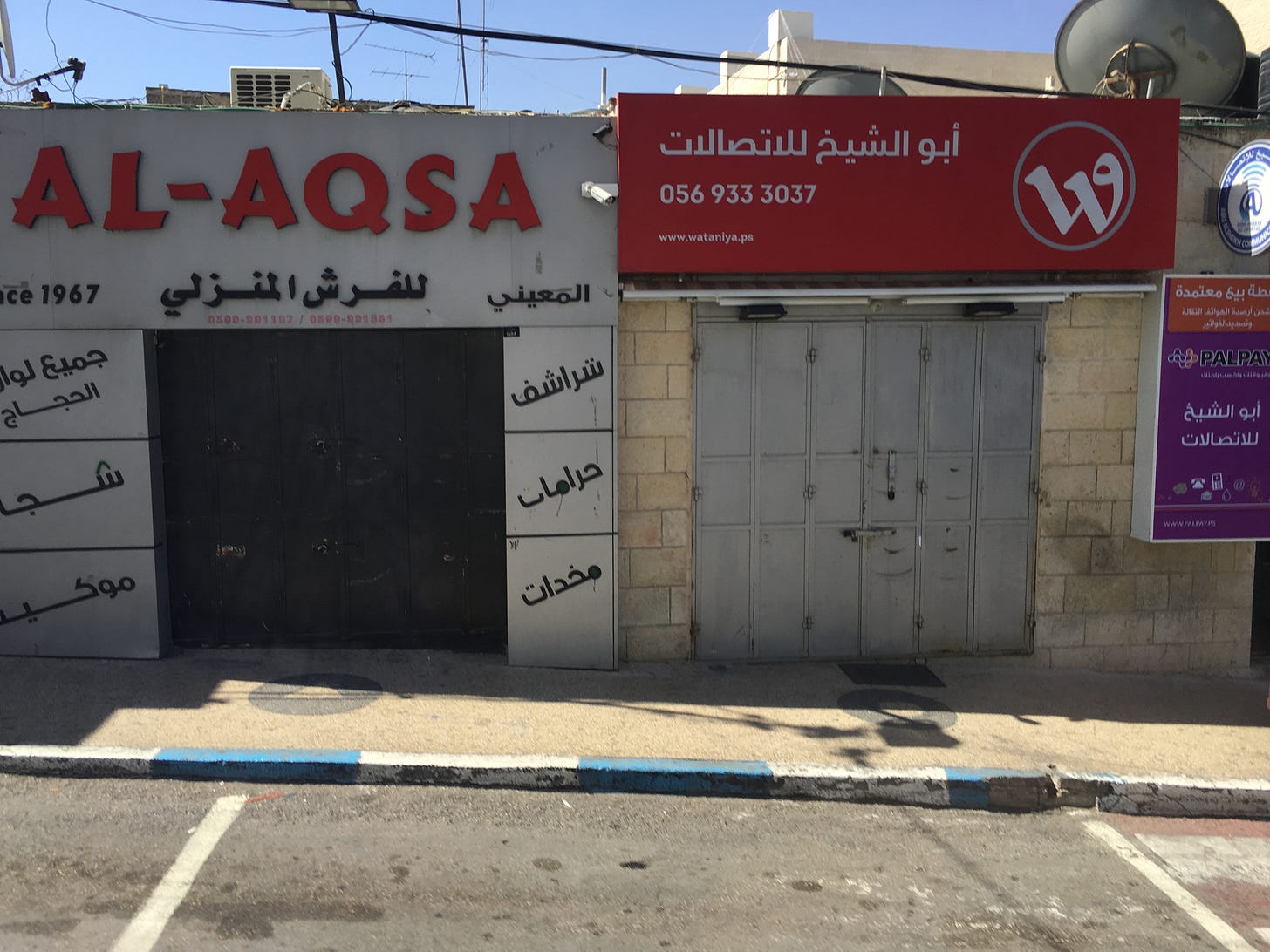
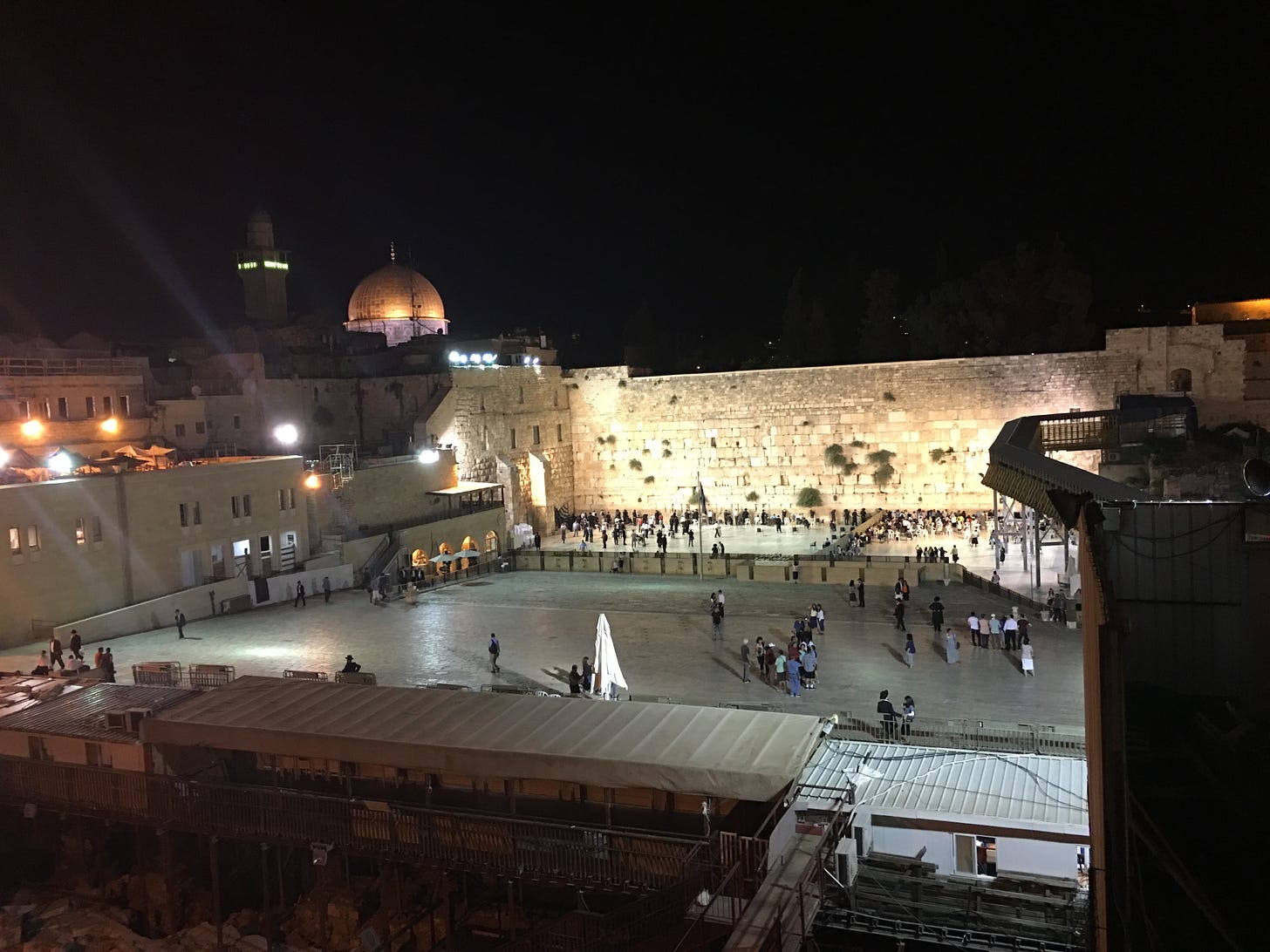
I sometimes get into a similar train of thought when I try to figure out why it makes a difference for a historian to see a place that was massively different in the past moment that the historian writes about. What do you understand better about that place at that moment? In fact, aren't you in danger of thinking you understand something about it given how different it used to look? You might, for example, be a historian studying the first four or five decades of Penn's initial colony in southeastern Pennsylvania and the Swedish trading posts that preceded it and think it's really useful to see Little Tincum Island, where the Swedes built a fort and a house for the governor. But what you see now is so different than what was seen then that you might almost be better off just imagining it from reading historical sources, because you're going to have to use a lot of imagination regardless. But somehow, someway, it does make a difference.
So many interesting things going on in this piece. I always enjoy the way you tease out the limits and possibilities of the academy. The material reality of the job vs. the intellectual pursuits of the research vs. the transformative experiences of visiting these places. Well done!